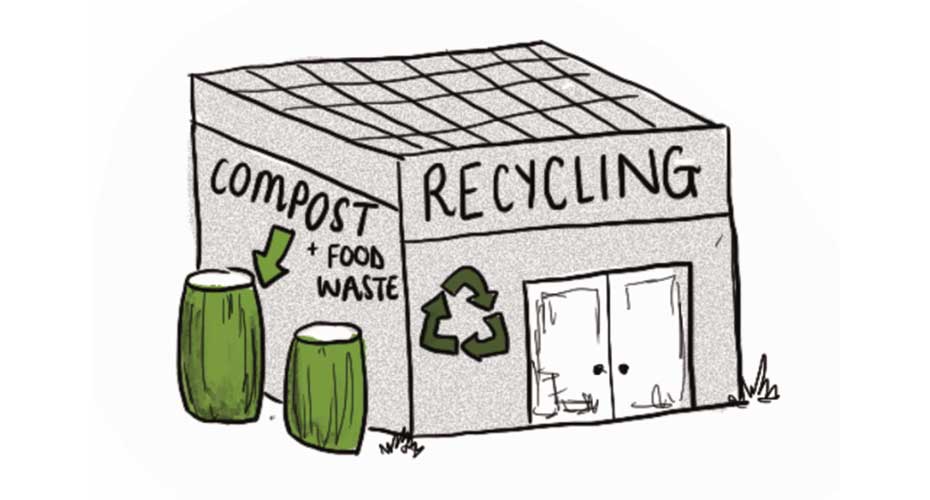Pollution and Waste in Food Systems
Exeter Food researchers study pollution and a range of toxins in food systems, as well as waste, from harvest through food processing to domestic contexts.
Exotoxicologist Tamara Galloway convenes a research group studying the biological effects of environmental chemicals—whether legacy contaminants (crude oil and organic oil derived compounds) or novel substances of concern (endocrine disruptors, microplastics and nanomaterials)—in human and wildlife populations, asking how they damage living systems, how animals have evolved tolerance and resistance in polluted environments, and what makes some animals more sensitive than others. The work of environmental biologist Charles Tyler includes investigations into the mechanisms of endocrine disrupting chemicals and nanoparticle ecotoxicology, and assessing population level effects of environmental contaminants in wildlife, principally fish. Health Economist Antonieta Medina-Lara works on estimating the burden of chemical contaminants in food.
Sarah Gurr who holds a chair in Food Security - has worked on fungal disease, calorie and commodity crops, and field losses and post-harvest waste. Geographer Stewart Barr has been involved in several projects on food waste practices and behaviours, including research on pro-environmental behaviour, on targeting behavioural segments, and domestic food waste practices; he also works with Devon County Council's Waste Team to develop practical strategies for environmental education, and works with other regional organisations with interests in waste (e.g. Carymoor Environmental Trust). Health Psychologist Ria Poole has worked as a Research Analyst for the Waste and Resources Action Programme (WRAP) where she designed and conducted two intervention studies on healthy eating and food waste, exploring the feasibility, acceptability and impact of a school-based health promotion and food waste education intervention, and studying the feasibility of a food waste resource pack for primary schools in Wales.




